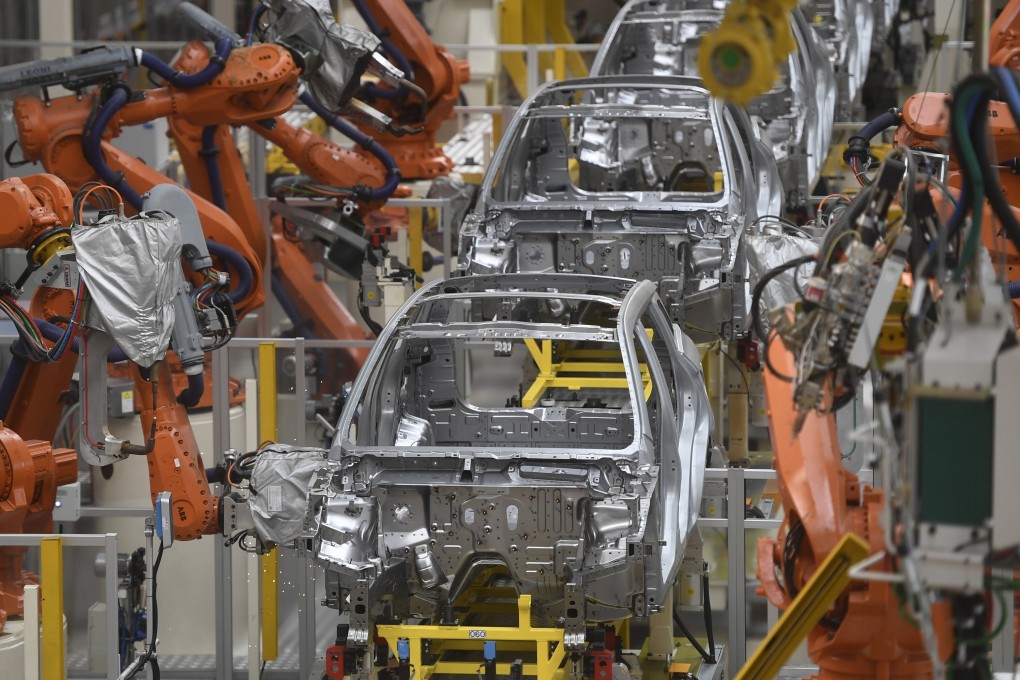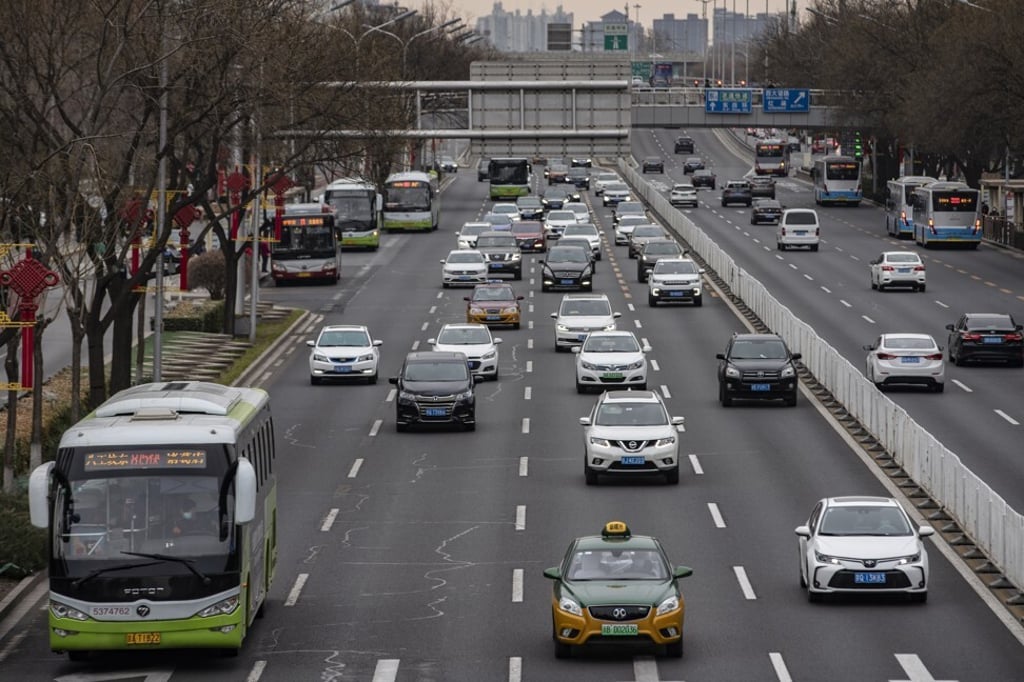Advertisement
China EV market: Renault eyes comeback with Geely tie-up after exiting pandemic-hit Wuhan venture
- Sales of new-energy vehicles are expected to climb from 2.2 million units in 2021 to 6.1 million or 24 per cent of the market in 2025: IHS Markit
- Geely owns Volvo and a stake in German maker Daimler and produces Zeekr to challenge Tesla’s Model 3 in the local EV market
Reading Time:2 minutes
Why you can trust SCMP
1

Daniel Renin Shanghai
French carmaker Renault Group is returning to the mainland China’s passenger car market, the world’s largest, with a new partnership with Geely, more than a year after quitting a venture in Wuhan with a local rival.
Renault and privately-held Zhejiang Geely Holding Group – which owns Geely Auto, Volvo Cars and a stake in Daimler – agreed to share resources and technologies to focus on making hybrid vehicles for Asian markets, according to a statement on Monday. No other details were disclosed in the memorandum of understanding.
“In China, based on Geely Holding’s existing technologies and mature industrial footprint, both partners will jointly introduce Renault- branded hybrid vehicles,” the carmakers said in a joint statement on Monday. “Renault will contribute on branding strategy, channel and service development.”
Advertisement
The agreement marks Renault’s renewed effort to gain a foothold in the mainland market after quitting another venture, following months of Covid-19-related shutdowns to its venture in Wuhan. The carmaker sold its 50 per cent share to Dongfeng Motor in April 2020 to focus on producing light commercial vehicles and electric vehicles. Soh Weiming, a former top executive at Volkswagen, joined as China chief executive in March to lead Renault’s business makeover in China.

Advertisement
China is the world’s largest passenger car market based on 19.7 million units sold in 2020, according to data compiled by IHS Markit. Sales of new-energy vehicles (NEVs) amounted to 6.3 per cent or 1.2 million units, and are expected to reach 2.2 million in 2021 and 6.1 million or 24 per cent of the market in 2025. UBS forecast it may reach 6.6 million in 2025.
NEVs comprise electric vehicles, plug-in hybrid EVs, and fuel cell electric vehicles, each taking 78.9 per cent, 21.1 per cent and less than 0.1 per cent the total NEV sales volume in 2020, according to IHS Markit.
Advertisement
Select Voice
Select Speed
1.00x